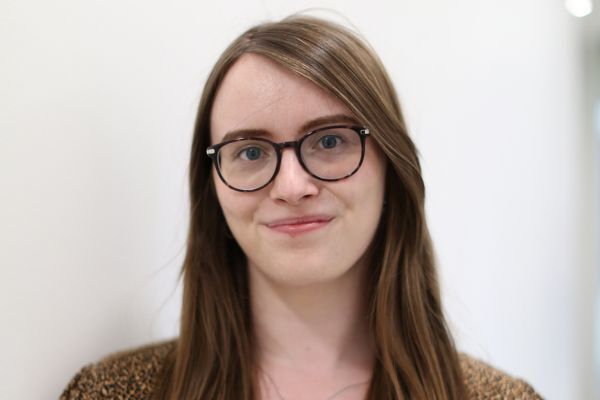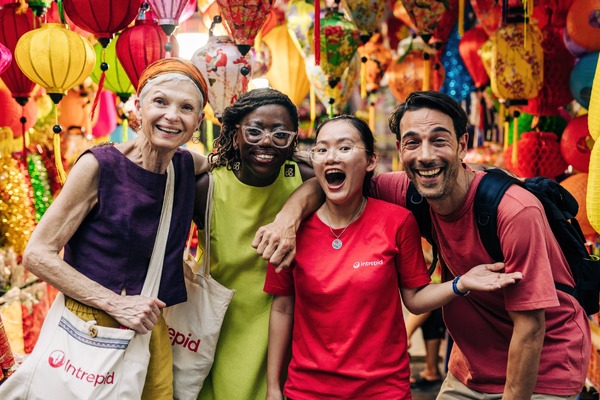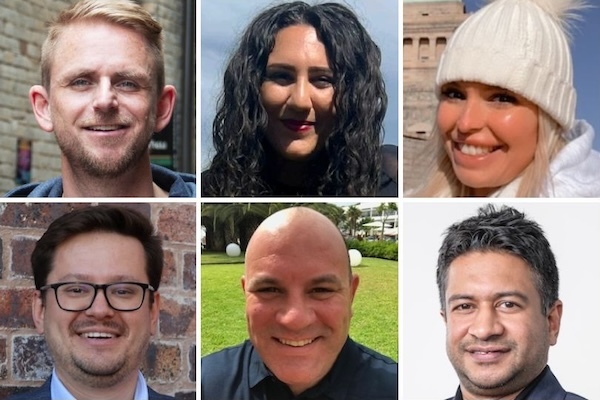'Travel needs more inclusive recruitment of women'
I was lucky. My parents fostered and encouraged my love of travel as a young child. My Ghanian parents migrated to London in the 1970s.
They travelled back to Ghana to reconnect regularly with their cultural heritage and to look after family. Taking us as children and introducing us to that family and culture was important to them. So even by the age of six, I had a sense that travel was important; I already knew it was almost certainly going to be part of my life.
When I was older, when I decided to travel and work abroad, my mum warned me: "Never judge another upon the colour of their skin or background, rather observe the heart, for out it of flows an unhidden truth."
Little did I know, but she was alerting me to the discrimination and prejudice I would face — but in a way typical of my mum, she gave me more skills for my toolbox. She wasn’t stopping me, just building my resilience and compassion for humanity. My experiences of travelling to Europe and beyond helped me discover and embrace vibrant community cultures. It was amazing.
In stark contrast, my experiences as a female traveller and a Black British Ghanian were not always so amazing. I often felt uncomfortable due to my cultural identity. I was spoken to disrespectfully, like a second-class citizen. I needed the advice of a travel agent to plan my travels and find places where I could feel safe.
This could have felt like a limitation for me; I was educated to celebrate difference, but I found I was travelling in a world where differences often meant discrimination.
Today, we can use the theme of International Women’s Day 2022, #breakthebias, to empower the travel and leisure industry. The Black Pound Report 2022, a study into the Multi-Ethnic consumer, reveals some factors affecting destination choices.
Some 90% of multi-ethnic travellers go on holiday to visit their family and reconnect to their cultural heritage. "My preferred destination is West Africa, the Caribbean and the US as the colour of my skin isn’t an issue as the majority of the people look like me," one Black Pound Report case study revealed.
The safety of a location was the biggest concern for Multi-Ethnic travellers, especially women (69%), and it is a critical factor in their decision-making. Tui was rated as one of the preferred brands across all audiences, with 40% of Multi-Ethnic travellers versus 32% of White travellers motivated by their excellent reviews. Meanwhile, just shy of 10% of Multi-Ethnic travellers booked with Tui because they "cater for my culture/religion".
’Inclusion is a commitment, not a one-off action’
The travel industry can make two simple, positive changes. The first involves looking at internal infrastructure and leadership in the sector. According to the 2020 Women in Hospitality, Travel and Leisure by Korn Ferry and PwC, female leadership roles make up 25.5% of the whole, so already there’s a bias.
We need more inclusive recruitment of women, including people from different backgrounds, genders, ages, ethnicities and sexual orientations. All people need to be invited to the table to understand and meet all travellers’ needs. When this happens, the travel industry will experience an exciting array of ideas and strategies to become more inclusive.
Secondly, the industry can have a significant impact through strategic consultations and transformational thinking strategies, and by putting fully-inclusive policies and practices in place. Inclusion is a decision that requires commitment; it’s not a one-off action.
When there is understanding and insight from the inside out, the industry will see the real results.
Lydia Amoah is chief executive of Backlight and founder of the Black Pound Report.
International Women's Day 2022
- Lindsay Garvey-Jones: 'Why travel firms must do more to support women'
- Women in Travel urges industry to 'recognise and support important work'
- Lydia Amoah: 'Travel needs more inclusive recruitment of women'
- Celebrity Cruises' bridge team now one-third female
- Latifa Benaissa: 'I'm proud to be changing women's lives in my country'
- Insight Vacations launches women's-only Iceland tour
Sign up for weekday travel news and analysis straight to your inbox
Supplier Directory
Find contacts for 260+ travel suppliers. Type name, company or destination.













